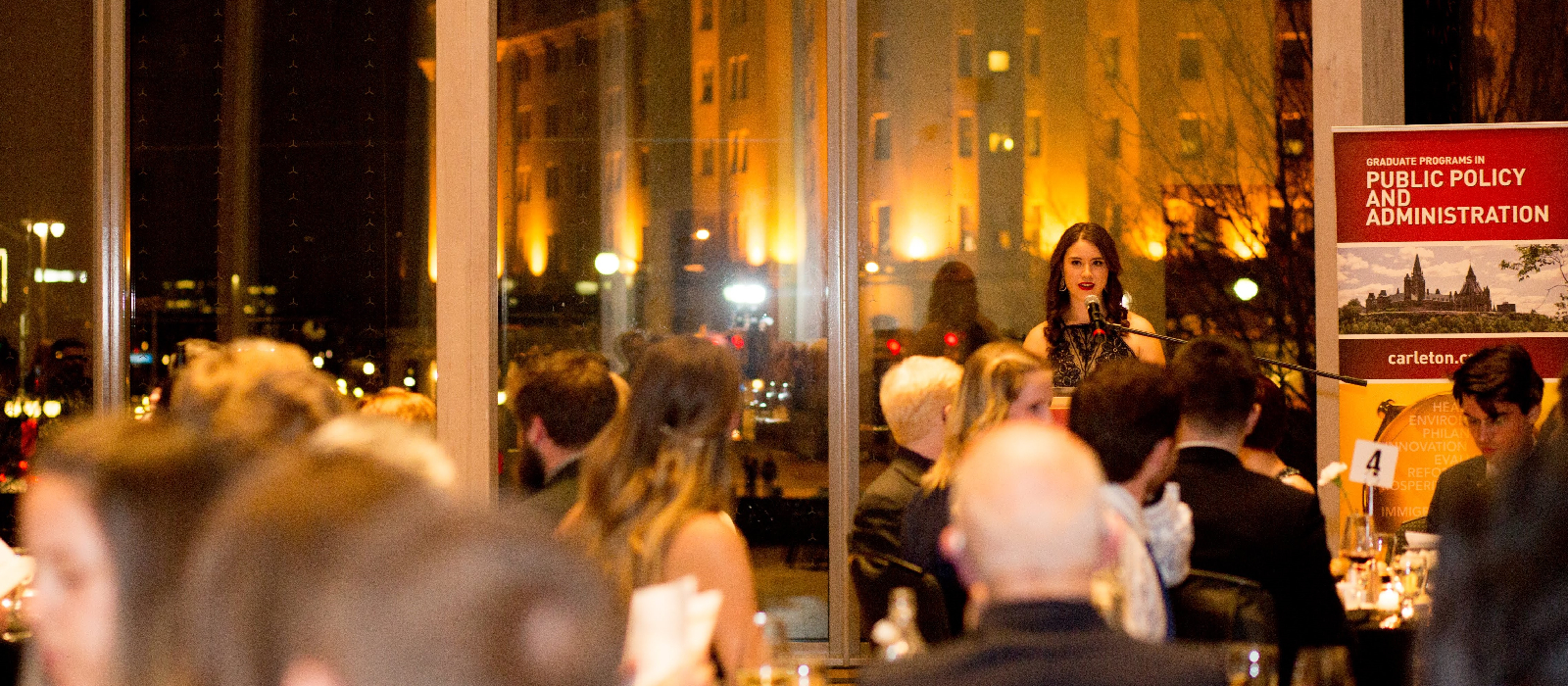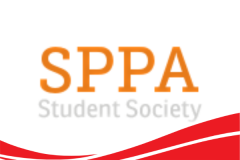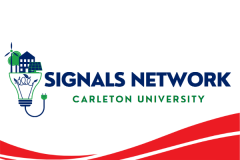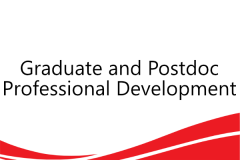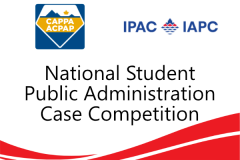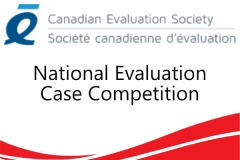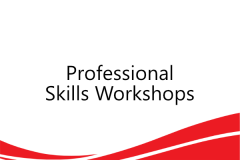How To Get Involved
There are lots of ways to get involved while studying at the School. You can take advantage of professional development opportunities, become active in the student society or SIGNALS network, and participate in national case and student paper competitions. Becoming involved can enhance and extend the experience in your program, helping you build your network and professional skillset.
